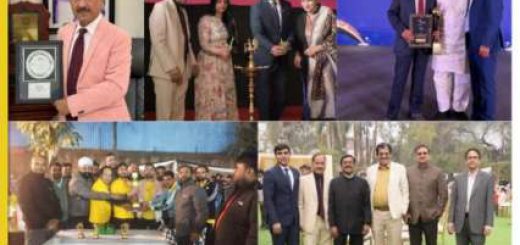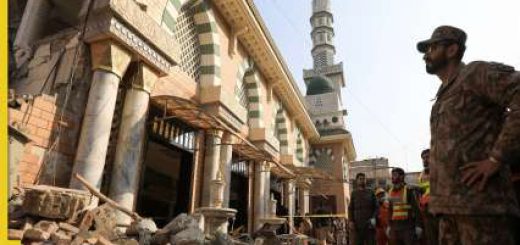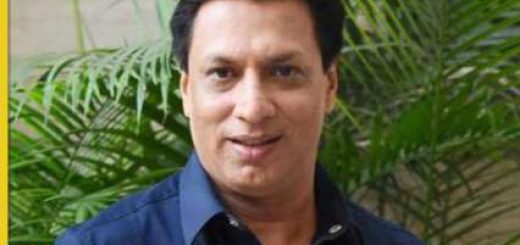Dharam Sankat Mein review
Dharam Sankat Mein review: It’s much too long, saying the same thing over and over again.
Dharam Sankat Mein movie review
Star Cast: Paresh Rawal, Annu Kapoor, Naseerudin Shah, Murli Sharma
Director : Fuwad Khan
A film that dares to highlight subjects no one wants to touch these days, given the kind of widespread paranoia there is about religion and the social compact some of its dodgy practitioners force upon believers, needs an automatic pat on the back. ‘Dharam Sankat Mein’ opens with promise, bringing up concepts that need to be spoken about, but you soon realize that the film is not as radical as it could have been, which should have been clear with its choice of title.
Based upon British film ‘The Infidel’, the film opens with Dharam Pal (Paresh Rawal) discovering a long-hidden truth about himself. It turns his beliefs, about himself and others, on their head. Suddenly, all is not what it has been. How will he deal with it? How will this truth impact his family and friends?
Hindu Dharam Pal’s embracing of his Muslim neighbour (Annu Kapoor) and the interactions they have forms the crux of the film, and some of it is funny and close to the bone. But then the narrative descends into the same old territory: Annu Kapoor being made to clunkily rant about ‘watan’, and ‘patriotism’, and Paresh Rawal being shown faintly risking his staunchness by dissing a ‘dhongi baba’ (Naseeruddin Shah hamming it up to the max).
But it’s all only so much, and no more: Naseer’s Neelanand Baba is such an obvious creep that anyone would jump on him, his over-the-top silliness giving him a convenient out. Finally, aha, it’s the Muslim cleric (Sharma), who is revealed as the real villain of the piece, not the over-the-top ‘sadhu’, because, shudder, the bearded ‘mulla’ is all about ‘conversion’.
The central question this film raises is profound: does the religion you are born into define you for the rest of your life? What if you are not who you believed yourself to be? It articulates the anxieties we live with, and uses the words ‘Hindu’, ‘Muslim’, ‘Isaai’ loudly and clearly, which is a relief because films these days are steering clear of these basic descriptives because we are now a nation of the easily offended. But it doesn’t jump into the deep end, carefully skirting the tough questions, and sticks to the majoritarian path, and clichéd representations.
It’s also much too long, saying the same thing over and over again. Rawal is such a good actor that he can make anything believable, and this film could have used the subject sharply to say something clearly and bravely. It goes down the path a little, throwing a out a line or two as it goes along, and then turns right around for a ‘ghar wapasi’.
Source:: Indian Express







